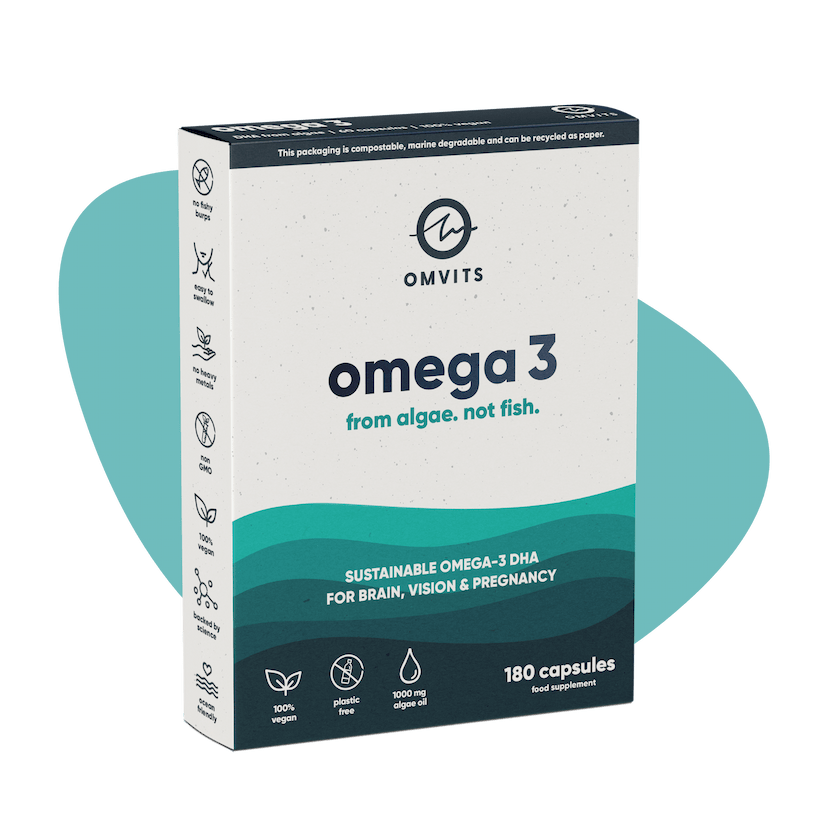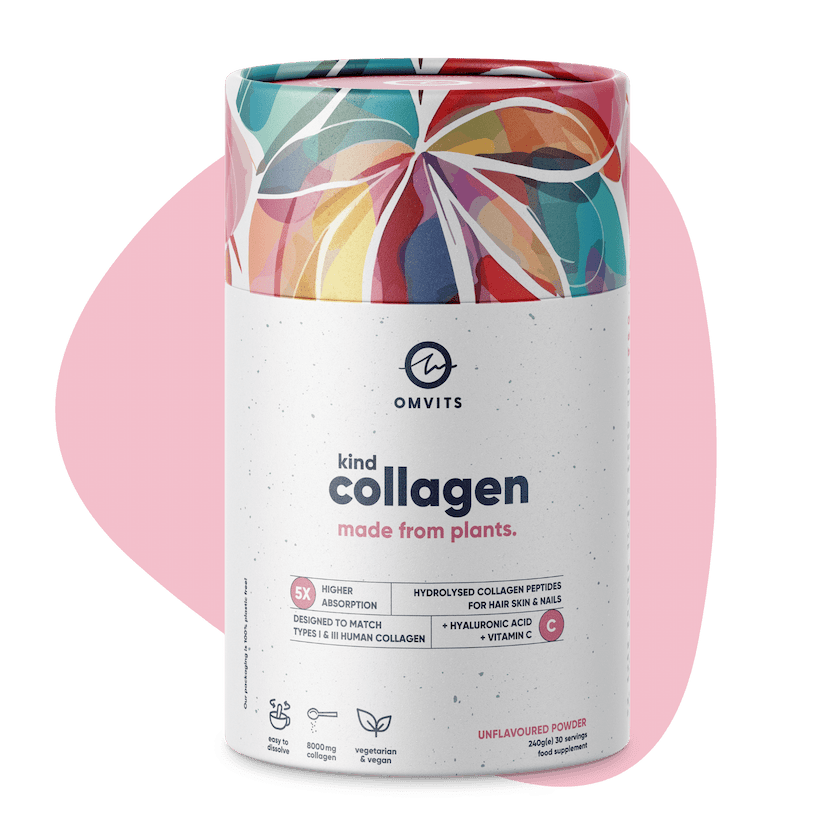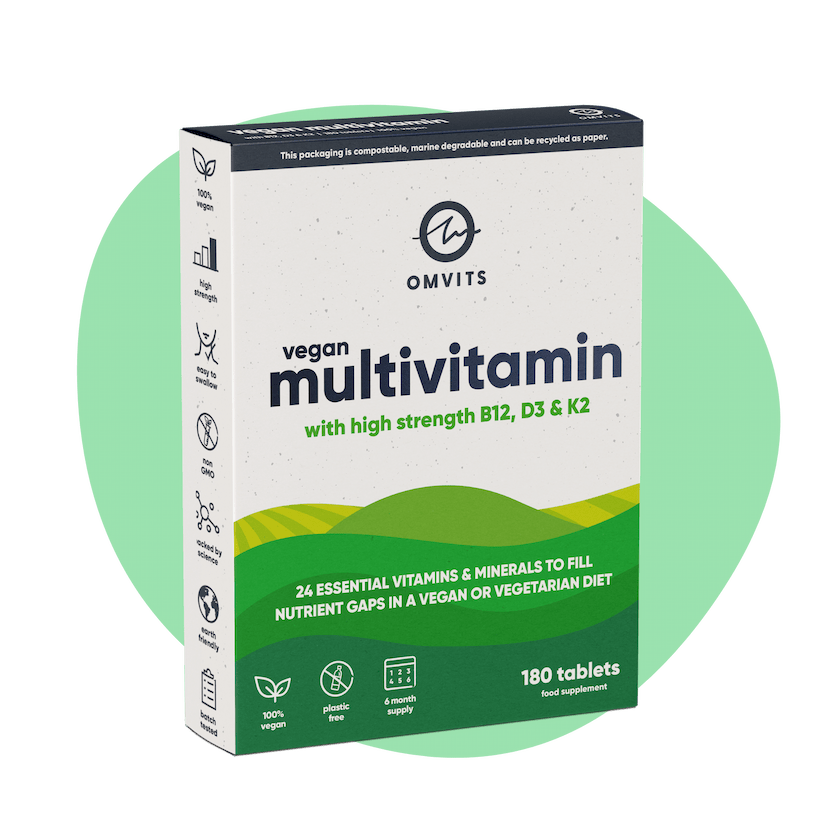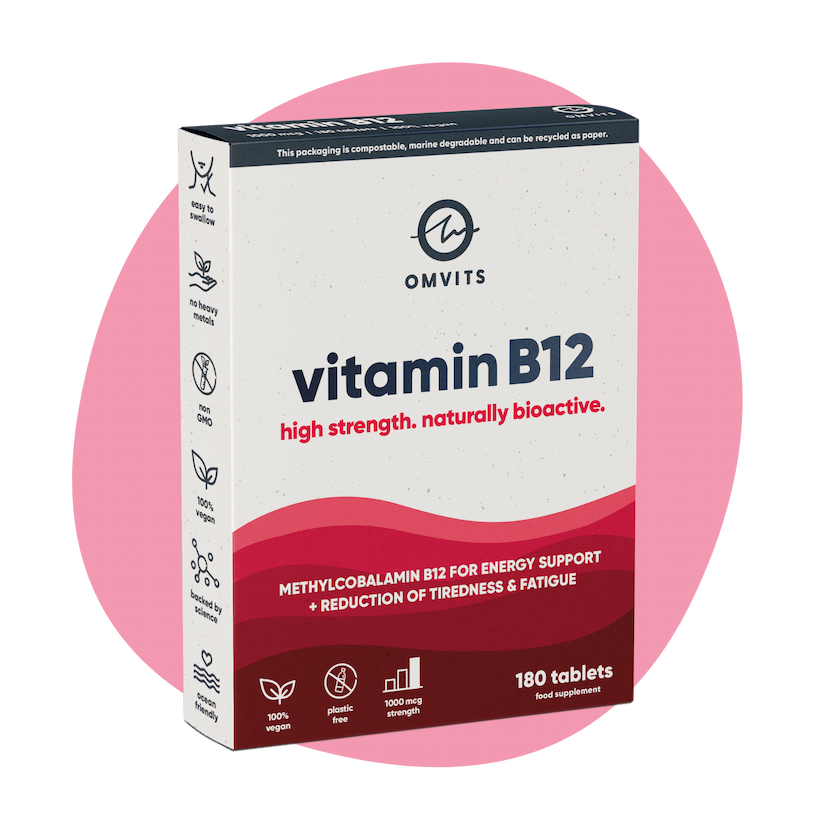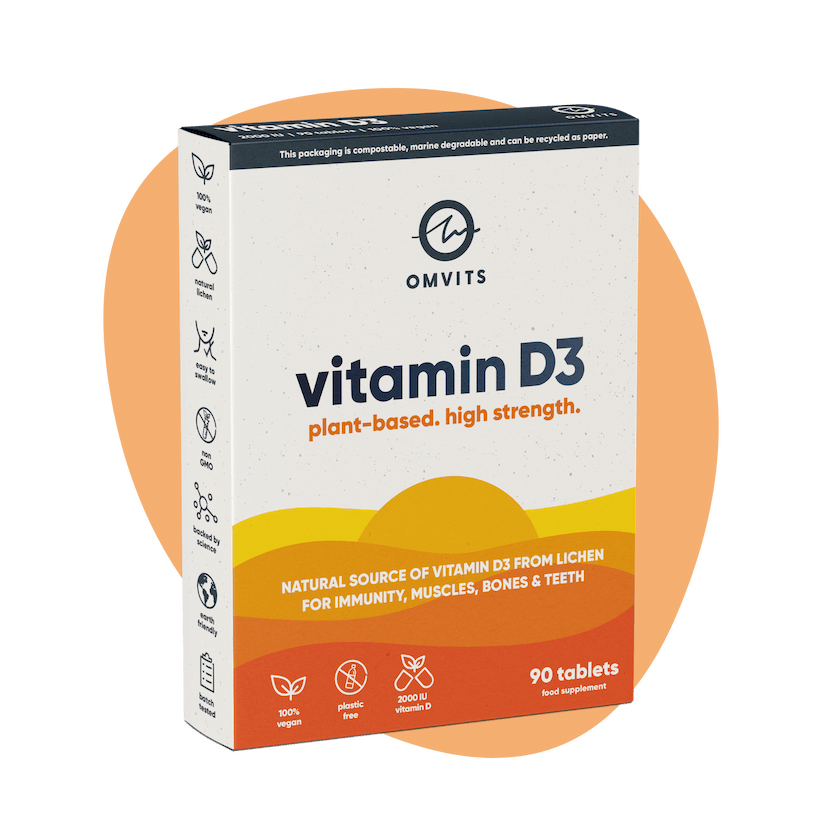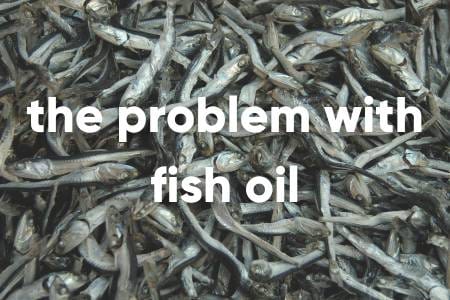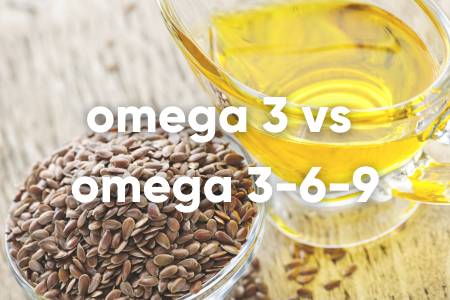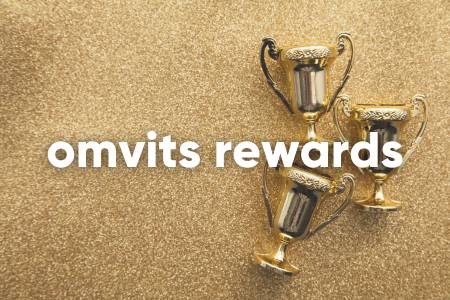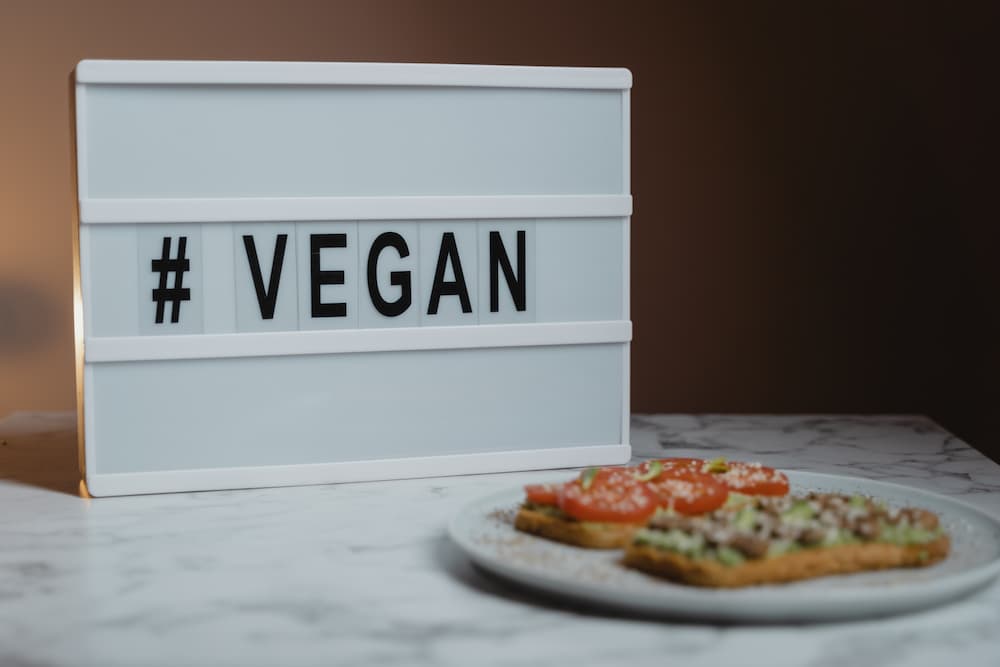FREE UK Delivery £25+
FREE UK Delivery £25+
Blog
about us
account
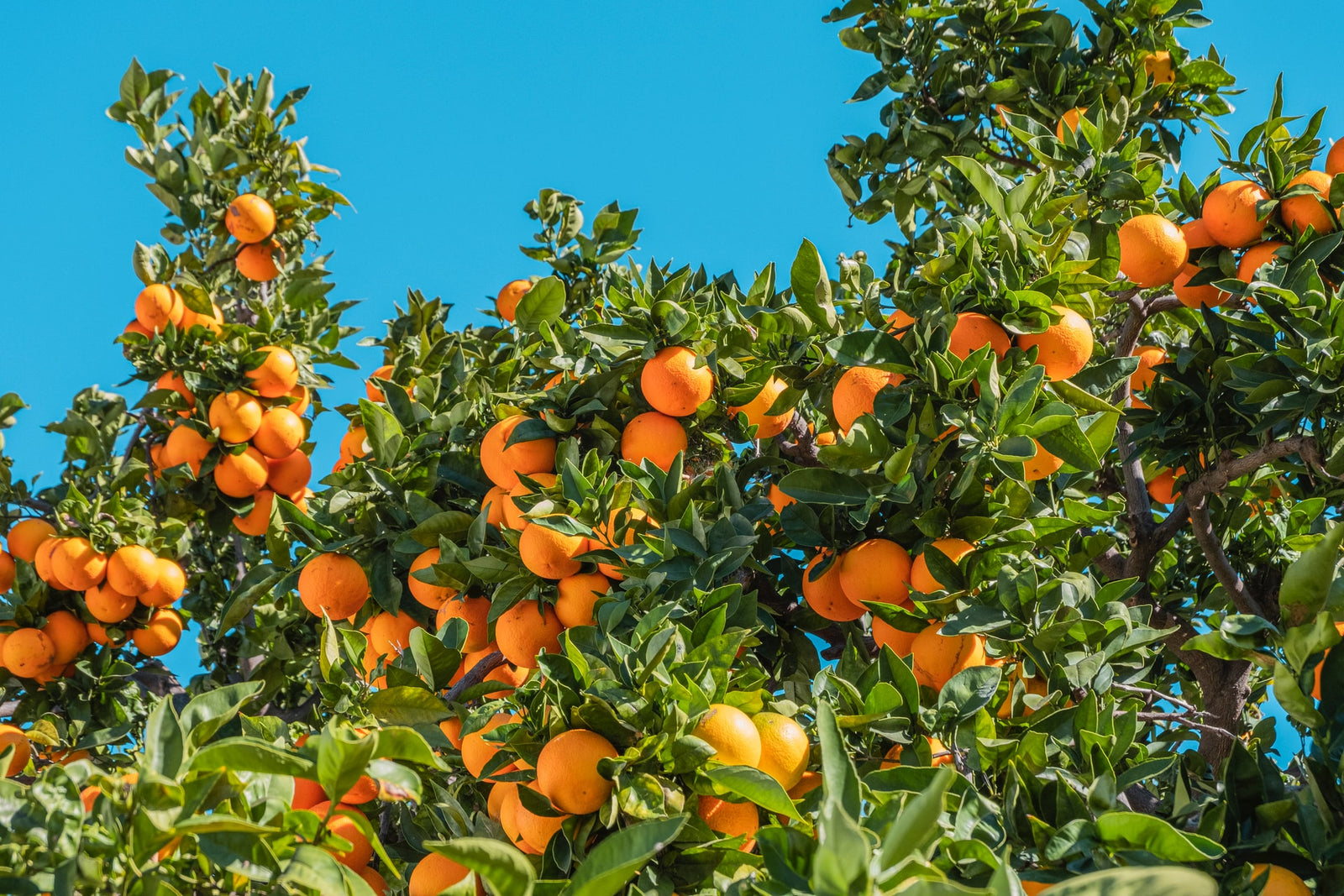
Take These Vitamins To Boost Your Immune System
February 15, 2021 4 min read
Which Vitamins Should You Take To Boost Your Immune System?
We all want to have a healthy immune system, but too many of us don’t eat enough of the kinds of foods we need, to keep ourselves healthy year-round. These foods provide many of the vitamins and minerals that keep us strong and healthy. Rather than having to react when we become ill, it's better to support your immune system through good food and supplementation all the time.
The vitamins you should take are
- Vitamin D
- Vitamin C
- Vitamin A
- Vitamin E
- Iron
- Zinc
- B12
Now lets examine each one to identify their unique benefits and the foods you can get them from.

Vitamin D
Vitamin D, also known as the sunshine vitamin is one of the most important nutrients for supporting a healthy immune system. Research has also shown that a higher Vitamin D intake might also play a role in fighting disease.
You get Vitamin D from the sun but 1 in 5 people (1) in the UK have low Vitamin D levels, that’s why it’s important to get it from other sources as well. The most common sources are oily fish and fortified foods like milk, juice, and cereals.
Although you can get Vitamin D from fortified foods, we believe that the best way to get it is through supplementation, as this acts as a consistent and reliable source - especially for vegans, vegetarians or non-fish-eaters who may struggle to get Vitamin D in other ways.
We favour supplements derived from lichen, a simple photosynthesizing organism, which offers benefits of a highly bioavailable Vitamin D from a clean and natural source.

Vitamin C
Vitamin C has been shown to help prevent diseases or shorten their stay, with one study reporting flu and cold symptoms decreasing by 85% after a megadose of Vitamin C. (2)
We’ve all been told to eat our oranges to get our dose, but there are other great food sources, such as kale, spinach, broccoli, Brussels sprouts, strawberries, potatoes, and peppers. (3)
You should be able to get all the Vitamin C you need from your daily diet, but as it cannot be stored in the body you will need to eat vitamin-rich foods every day, adults aged 19 to 64 need 40mg a day. (3)
If you don’t eat many Vitamin C rich foods, supplementing your levels with a multi-vitamin may be a great option.

Vitamin A
Vitamin A, sometimes called retinol, has a range of important functions. It supports your body’s natural defence against infection or illness, it also helps the kidneys, lungs, heart, and other organs work properly.
You can get Vitamin A is from beta-carotene products, this is what gives yellow and orange fruit and vegetables their colour, turning into the vitamin when in your body. (4) Foods with beta-carotene include spinach, carrots, red peppers, mango, papaya and apricots.
Similarly to Vitamin C, you should be able to get this vitamin from your diet, but if you don’t regularly eat the above foods, consider supplementing with a multi-vitamin.
Vitamin E

Vitamin E helps to strengthen the immune system, alongside maintaining healthy skin and eyes. It is found in a wide variety of foods such as plant oils, nuts and seeds, and wheatgerm (found in cereals).
Men need 4mg of Vitamin E each day and women need 3mg, most people will be able to get all the Vitamin E they need from their diet due to the wide variety of foods it’s present in. (5)
Iron
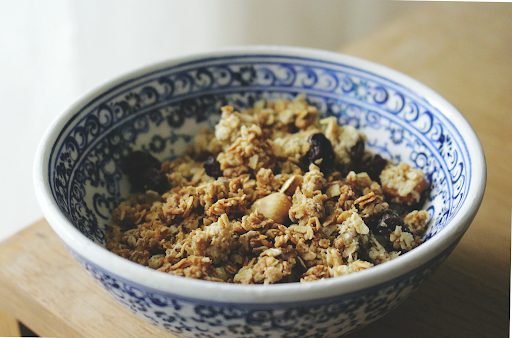
Iron plays an important role in making red blood cells, these carry oxygen around the body. Iron is a fundamental element for the normal development of the immune system as its deficiency affects the capacity to have an adequate immune response. (6) Studies have shown up to 80% of the world’s population don’t have enough iron in their bodies, with as many as 30% of people having anaemia due to long-term iron deficiency. (7)
Whilst you can receive iron from your diet through foods such as red meat, chicken, turkey, fish, we prefer to obtain it from fortified breakfast cereals, beans such as kidney, edamame, and chickpeas, dried fruit, and green vegetables such as broccoli and kale.
If you do not eat iron-rich foods, then taking an iron supplement may be the best option for immune health.

Zinc
Zinc is also needed for the immune system to work properly, it plays an important role in cell division, cell growth, wound healing, and the breakdown of carbohydrates. (8) You can get zinc from foods such as bread, whole grains, tofu, legumes, nuts, seeds and cereal products.
Men need 9.5mg of Zinc per day, whereas women need 7mg. (9) Most people will be able to get enough Zinc from their diet, but If you do not eat enough of the above foods then consider taking a supplement.
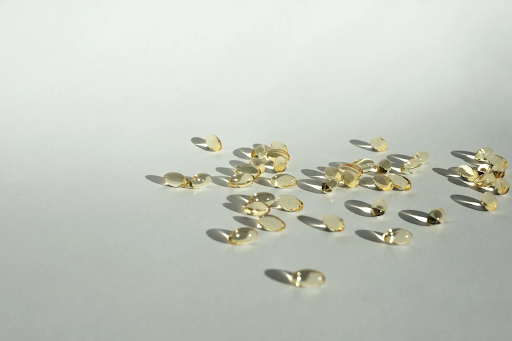
B12
Vitamin B12 plays a crucial role in the proper functioning of the immune system, it helps methionine synthase, which is essential for the synthesis of purines and pyrimidines in all cells, including the fast-diving immune cells. (10)
Foods that are rich in Vitamin B12 include meat, fish, milk, cheese, eggs, and some fortified breakfast cereals. If you eat meat, fish, or dairy products, you should be able to get enough Vitamin B12 from your diet, but if you’re a vegan, you may not be getting enough of it.
There is a common misconception that animals produce vitamin B12 themselves. However it is actually produced by bacteria, not animals and plants, meaning animals must obtain it directly or indirectly from bacteria. They are usually supplemented with vitamin B12 in their feed too. (11) Vegans have to go to the source bacteria for vitamin B12, by taking supplements.
There is a wide range of vitamins and minerals you can take to boost your immunity, and taking supplements is a great way to support your diet to ensure healthy bodily function and optimum performance. If you’re looking to begin a new supplement regime, then check out Omvits, a 100% plant-based, ocean-friendly, and sustainable multivitamin.
(2) https://pubmed.ncbi.nlm.nih.gov/10543583/
(3) https://www.nhs.uk/conditions/vitamins-and-minerals/vitamin-c/
(4) https://www.nhs.uk/conditions/vitamins-and-minerals/others/#beta-carotene
(5) https://www.nhs.uk/conditions/vitamins-and-minerals/vitamin-e/
(9) https://www.nhs.uk/conditions/vitamins-and-minerals/others/
Leave a comment
Comments will be approved before showing up.
Also in The Omvits Blog

The Power of Running: How a 200 Mile Run to Wales Became a Meaningful Journey for a Great Cause
May 03, 2023 3 min read
We interviewed Andrew Thomas, who was preparing for a 200-mile marathon from London to Wales to raise funds for Maggie's Cancer. Read the article to know more about his adventure!
Subscribe
Sign up to get the latest on sales, new releases and more …
Recent Articles
-
The Power of Running: How a 200 Mile Run to Wales Became a Meaningful Journey for a Great Cause
May 03, 2023
-
Sneaky Ingredients To Watch Out For If You're Vegan
January 11, 2022
-
How To Do Veganuary If You’re On A Super Tight Budget
January 11, 2022
-
How To Satisfy Meat & Fish Cravings During Veganuary
January 11, 2022
-
Common Pitfalls Of Veganuary And How To Avoid Them
January 11, 2022
-
Simple Nutrition Advice For Veganuary And Beyond
January 11, 2022
-
Best Vegan Meat Alternatives To Try This Veganuary
January 11, 2022
-
5 Ocean Friendly Clothing Brands To Check Out This Month
June 21, 2021
-
12 Incredible Ocean Conservationists To Support This June
June 16, 2021
-
How To Do Something For World Ocean Day If You Can't Get To A Beach
June 08, 2021

